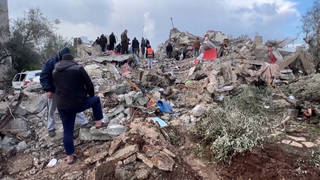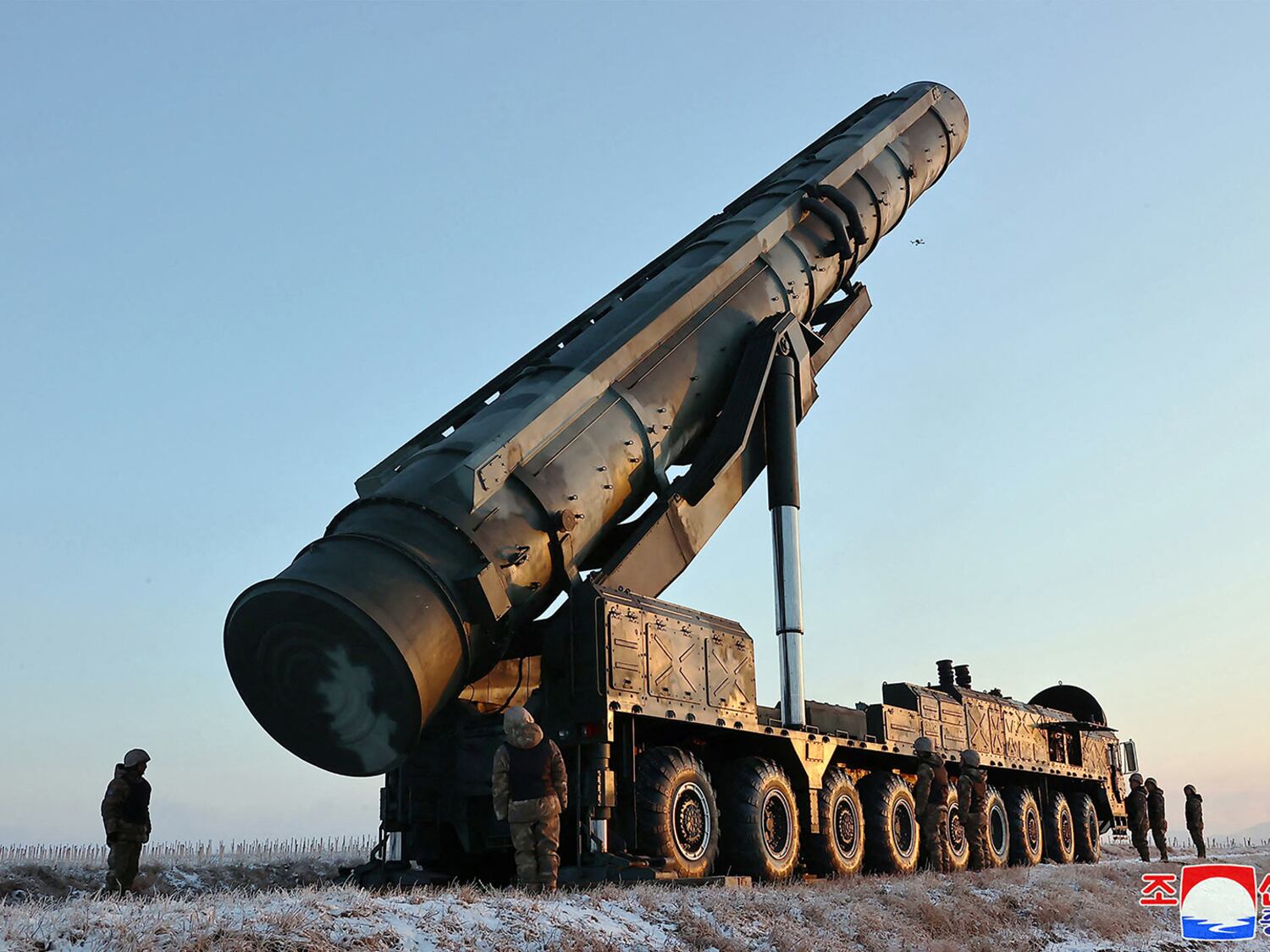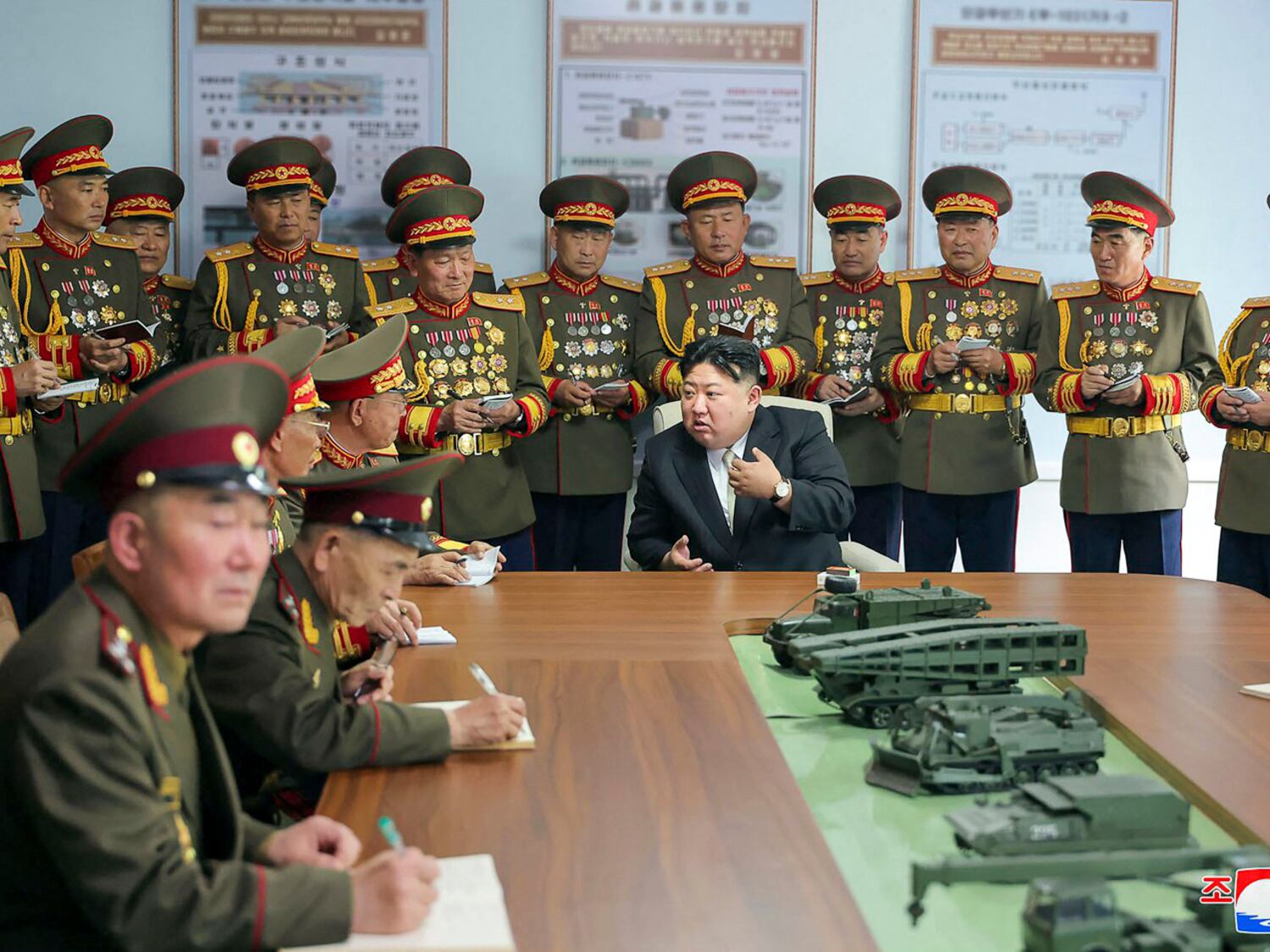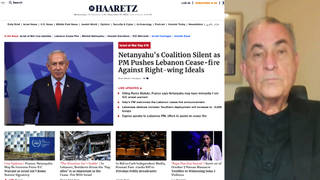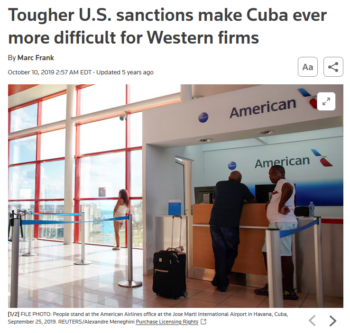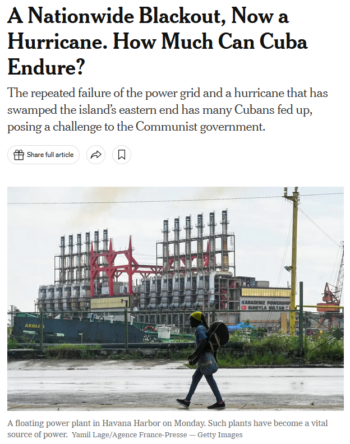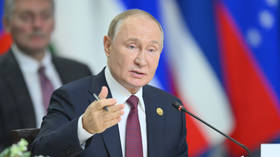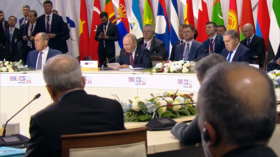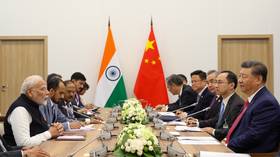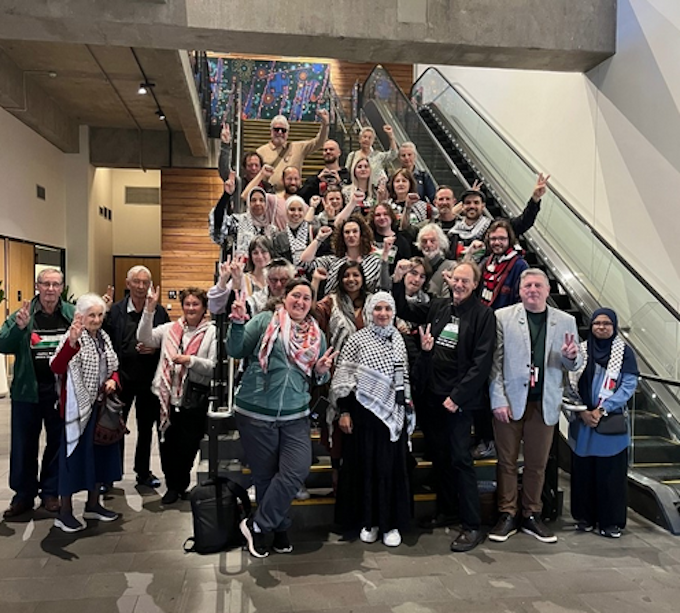 For the thirty-second time in so many years, the US blockade of Cuba was globally condemned at the UN General Assembly’s annual vote in October. Only Tel Aviv joined Washington in defending the collective punishment, which is illegal under international law.
For the thirty-second time in so many years, the US blockade of Cuba was globally condemned at the UN General Assembly’s annual vote in October. Only Tel Aviv joined Washington in defending the collective punishment, which is illegal under international law.
For the vast majority of Cubans, who were born after the first unilateral coercive measures were imposed, life under these conditions is the only normalcy they have known. Even friends sympathetic to socialism and supporters of Cuba may question why the Cubans have not simply learned to live under these circumstances after 64 years.
The explanation, explored below, is that the relatively mild embargo of 1960 has been periodically intensified and made ever more devastatingly effective. The other major factor is that the geopolitical context has changed to Cuba’s disadvantage. These factors in turn have had cumulatively detrimental effects.
Cuba in the new world order
The Cuban Revolution achieved remarkable initial successes for a small, resource-poor island with a history of colonial exploitation.
After the 1959 revolution, the population quickly attained 100% literacy. Life expectancy and infant mortality rates soon rivaled far richer countries, through the application of socialized medicine, prioritizing primary care. Cuba also became a world sports powerhouse and made noteworthy advances in biotechnology. At the same time, Cuban troops aided in the overthrow of apartheid in South Africa, among many other exercises of internationalism.
Cuba did not make those advances alone but benefitted from the solidarity of the Soviet Union and other members of the Socialist Bloc. From the beginning of the revolution, the USSR helped stabilize the economy, particularly in the areas of agriculture and manufacturing. Notably, Cuba exported sugar to the Soviets at above-market prices.
The USSR’s military assistance in the form of training and equipment contributed to the Cuban’s successfully repelling the US’s Bay of Pigs invasion in 1961. In addition, the Socialist Bloc backed Cuba diplomatically in the United Nations and other international fora. East Germany, Czechoslovakia, and Poland, for example, also assisted with economic aid, investment, and trade to help develop the Cuban economy.
The implosion of the Socialist Bloc in the late 1980s and early 1990s severely impacted Cuba.
No longer buffered by these allies, the full weight of the US-led regime-change campaign sent Cuba reeling into what became known as the “Special Period.” After an initial GDP contraction of about 35% between 1989 and 1993, the Cubans somewhat recovered by the 2000s. But, now, conditions on the island are again increasingly problematic.
A new multipolar world may be in birth, but it has not been able to sufficiently aid Cuba in this time of need. China and Vietnam along with post-Soviet Russia, remnants of the earlier Socialist Bloc, still maintain friendly commercial and diplomatic relations with Cuban but nowhere the former levels of cooperation.
Ratcheting up of the US regime-change campaign
The ever-tightening US blockade is designed to ensure that socialism does not succeed; to strangle in the cradle all possible alternatives to the established imperial order.
The initial restrictions imposed by Dwight Eisenhower in 1960 banned US exports to Cuba, except for food and medicine, and reduced Cuba’s sugar export quota to the US. Shortly before the end of his term in 1961, the US president broke diplomatic relations.
He also initiated covert operations against Cuba, which would be significantly strengthened by his successor, John Kennedy, and subsequent US administrations. Since then, Cuba has endured countless acts of terrorism as well as attempts to assassinate the revolution’s political leadership.
John Kennedy had campaigned in 1960, accusing the Eisenhower-Nixon administration of failing to sufficiently combat the spread of communism. Kennedy was determined to prevent communism from gaining a foothold in America’s “backyard.” He made deposing the “Castro regime” a national priority and imposed a comprehensive economic embargo.
After Kennedy’s failed Bay of Pigs invasion of 1961 and the Cuban missile crisis the following year, he initiated Operation Mongoose. The president put his brother Robert Kennedy in charge of attempting to overthrow the revolution by covert means. This CIA operation of sabotage and other destabilization methods was meant to bring to Cuba “the terrors of the earth.”
Post-Soviet era
Subsequent US administrations continued the policy of blockade, occupation of Guantánamo, and overt and covert destabilization efforts.
Former CIA director and then-US President George H.W. Bush seized the opportunity in 1992 posed by the implosion of the Socialist Bloc. The bipartisan Cuban Democracy Act passed under his watch. Popularly called the Torricelli Act after a Democratic Party congressional sponsor, it codified the embargo into law, which could only be reversed by an act of congress.
The act strengthened the embargo into a blockade by prohibiting US subsidiaries of companies operating in third countries from trading with Cuba. Ships that had traded with Cuba were banned from entering the US for 180 days. The economic stranglehold on Cuba was tightened by obstructing sources of foreign currency, which further limited Cuba’s ability to engage in international trade.
The screws were again tightened in 1996 under US President Bill Clinton with the Helms-Burton Act. Existing unilateral coercive economic measures were reinforced and expanded.
The act also added restrictions to discourage foreign investment in Cuba, particularly in US-owned properties that had been expropriated after the Cuban Revolution. The infamous Title III of the act allowed US citizens to file lawsuits in US courts against foreign companies “trafficking” in such confiscated properties.
Title III generated substantial blowback and some countermeasures from US allies, such as the European Union and Canada, because of its extraterritorial application in violation of international trade agreements and sovereignty. As a result, Title III was temporarily waived.
Later, US President Barack Obama modified US tactics during his watch by reopening diplomatic relations with Cuba and easing some restrictions, in order to unapologetically achieve the imperial strategy of regime change more effectively.
But even that mild relief was reversed by his successor’s “maximum pressure” campaign. In 2019, US President Donald Trump revived Title III. By that time, the snowballing effects of the blockade had generated a progressively calamitous economic situation in Cuba.
Just days before the end of his term, Trump reinstated Cuba onto the list of State Sponsors of Terrorism (SSOT) after Obama had lifted it in 2015. The designation has had a huge impact on Cuba by reducing trade with third countries fearful of secondary sanctions by the US, by cutting off most international finance, and by further discouraging tourism.
President Joe Biden continued most of the Trump “maximum pressure” measures, including the SSOT designation, while adding some of this own. This came at a time when the island was especially hard hit by the Covid pandemic, which halted tourism, one of Cuba’s few sources of foreign currency.
In the prescient words of Lester D. Mallory, US deputy assistant secretary of state back in 1960, the imperialists saw the opportunity to “bring about hunger, desperation and overthrow of government.”
US siege on Cuba perfected
In addition to the broad history outlined above of incessant regime-change measures by every US administration since the inception of the Cuban Revolution, some collateral factors are worthy of mention.
Major technological advances associated with computer technology and AI have been applied by the US to more effectively track and enforce its coercive measures. In addition, the fear of US fines for violation of its extraterritorial prohibitions on third-country actors has led to overcompliance.
Uncle Sam has also become ever more inventive. Visa-free entry (VWP) into the US is no longer available to most European and some other nationals if they stopped in Cuba, thereby significantly discouraging tourism to the island.
The internal political climate in the US has also shifted with the neoconservative takeover of both major parties. Especially now with the second Trump presidency, Cuba has fewer friends in Washington, and its enemies now have even less constraints on their regime-change campaigns. This is coupled by a generally more aggressive international US force projection.
Under the blockade, certain advances of the revolution were turned into liabilities. The revolution with its universal education, mechanization of agriculture, and collective or cooperative organization of work freed campesinos from the 24/7 drudgery of peasant agriculture. Today, fields remain idle because, among other factors, the fuel and spare parts for the tractors are embargoed.
Cuba’s allies, especially Venezuela, itself a victim of a US blockade, have been trying to supply Cuba with desperately needed oil. Construction of 14 oil tankers commissioned abroad by Venezuela, which could transport that oil, has been blocked. Direct proscriptions by the US on shipping companies and insurance underwriters have also limited the oil lifeline.
Without the fuel, electrical power, which run pumps to supply basic drinking water, cannot be generated. As a consequence, Cuba has recently experienced island-wide blackouts along with food and water shortages. This highlights how the blockade is essentially an economic dirty war against the civilian population.
Cumulative effects on Cuban society
Life is simply hard in Cuba under the US siege and is getting harder. This has led to recently unprecedented levels of out migration. The consequent brain-drain and labor shortages exacerbate the situation. Moreover, the relentless scarcity and the associated compromised quality of life under such conditions has had a corrosive effect over time.
Under the pressure of the siege, Cuba has been forced to adopt measures that undermine socialist equality but which generate needed revenue. For example, Obama and subsequent US presidents have encouraged the formation of a small business strata, expanding on the limited “reforms” instituted during Raúl Castro’s time as Cuba’s president.
The Cubans will surely persevere as they have in the past. “The country’s resilience is striking,” according to a longtime Cuba observer writing from Havana.
Besides, the imperialists leave them little other choice. A surrender and soft landing is not an option being offered. The deliberately failed state of Haiti, less than 50 miles to the east, serves as a cautionary tale of what transpires for a people under the beneficence of the US.
Now is an historical moment for recognition of not what Cuba has failed to do, but for appreciation of how much it has achieved with so little and under such adverse circumstances not of its making.
The post
Why Cuba Hasn’t Adjusted to US Sanctions after Six Decades first appeared on
Dissident Voice.
This post was originally published on Dissident Voice.
